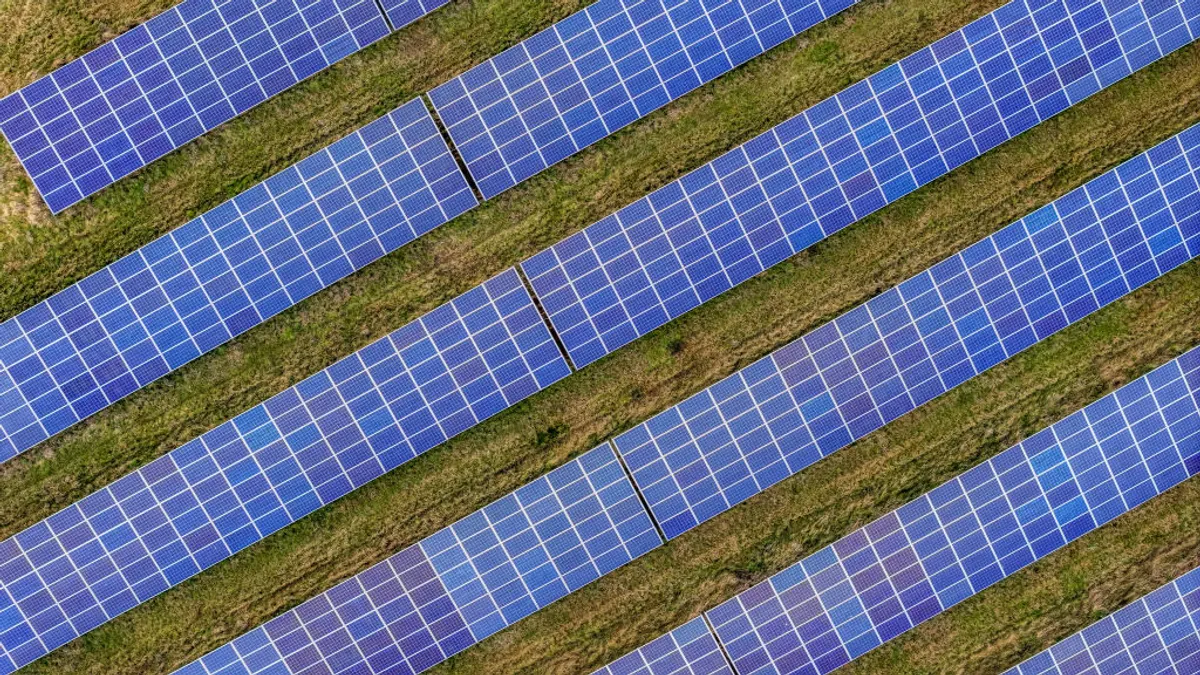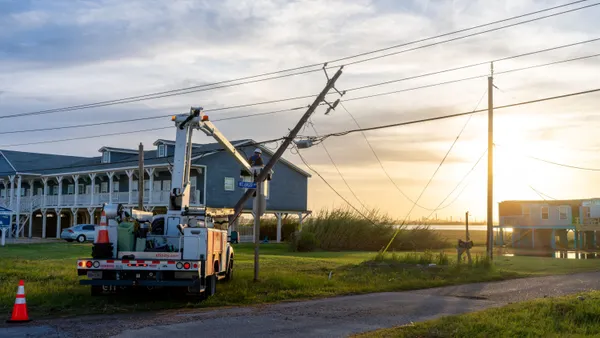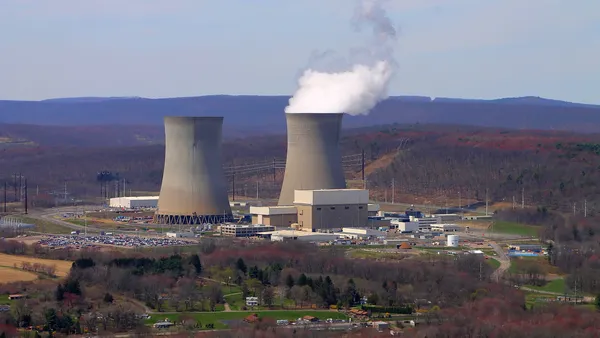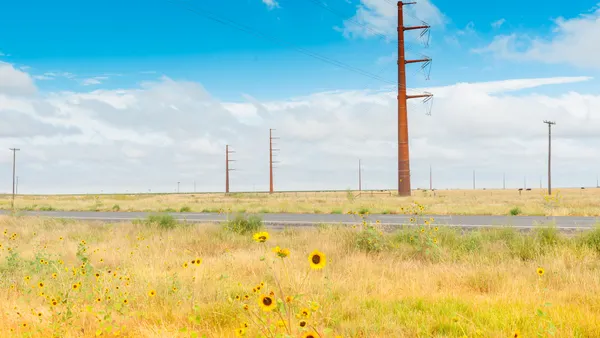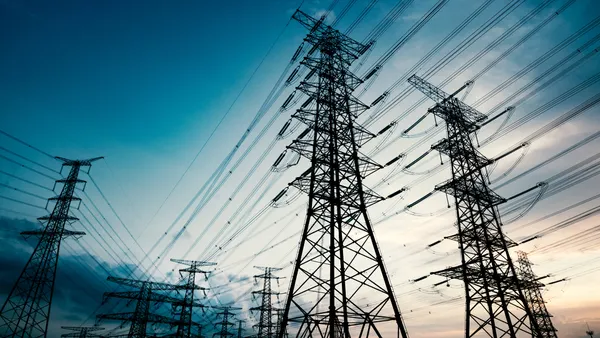Dive Brief:
- The credit quality of North America's regulated utilities weakened during the last year, with downgrades outstripping upgrades for the first time in a decade, according to a new report from S&P Global Ratings.
- However, this trend was not caused by the COVID-19 pandemic; instead, environmental, social and governance factors — such as the bribery charge filed against Exelon as well as California's unprecedented wildfire season — played a role, among others.
- Analysts expect that credit quality will improve slightly in 2021, based on the assumption that the Democrat-controlled U.S. House of Representatives and Senate will enact a higher corporate tax rate, thereby strengthening the industry's financial measures.
Dive Insight:
"This past year, in terms of credit quality, was quite a rollercoaster — it was a little bit unexpected," Gabe Grosberg, senior director at S&P Global Ratings, said.
At the beginning of the year, S&P put the industry on a negative outlook citing COVID-19. But while credit quality did weaken, it was for entirely different reasons.
Overall, the regulated utility sector seems to have weathered the COVID-19 pandemic relatively well. While gas and electric deliveries to commercial and industrial customers did shrink, this was offset by higher residential deliveries, the report noted. The industry and regulators worked together to defer costs arising from the pandemic for future recovery, and market returns improved.
One issue caused by the pandemic, however, was that many rate cases filings were delayed, with decisions taking longer than anticipated and ending up lower than expected. S&P's analysts attribute this to the economic effects of the pandemic — and resulting difficulty in increasing customer costs — but expect that the trend will ease off as vaccinations continue around the country.
But a host of other factors — including regulatory issues, as well as the utility sector's tendency to have little or no financial cushion above the downgrade threshold — came together to weaken the credit quality of the industry as a whole. For instance, Exelon Corp's subsidiary was downgraded last July after a bribery charge was filed against it. In October, FirstEnergy was downgraded after it fired its CEO and two other executives following the company's involvement in a $60 million racketeering scheme. And in September, the outlook of California's three investor-owned utilities were lowered due to the number of wildfires occurring in the state.
With regard to Exelon and FirstEnergy, "seeing these two instances, one in Illinois and the second one in Ohio was mildly surprising. That's not something we expect to be recurring within the industry," Grosberg said.
The industry's prospects look a little brighter in 2021; the analysts believe that with the election of President Joe Biden and Democrats having control over the U.S. House of Representatives and Senate, there's a larger likelihood that a higher corporate tax rate could be implemented, with a possible increase from 21% to 28%.
"We estimate that this higher tax rate would improve the industry's funds from operations to debt by about 100 basis points," in turn boosting credit quality and providing utilities' with a larger financial cushion above their downgrade thresholds, the report notes.
But one area of concern relates to environmental risks, especially as the utility sector's exposure to greenhouse gas emissions continues to be an area of concern for investors. Nearly a third of the industry draws at least half of their owned electricity from coal-fired generation, with two-thirds of those relying on coal for more than 70% of generation, according to S&P. The continued focus on these risks "will weaken credit quality, offsetting much of the credit benefits from a potentially higher corporate tax rate," the report states.
The single biggest factor that adds climate change-related risks for any company, including a utility, is the unknown, Steven Weissman, lecturer at the University of California, Berkeley's Goldman School of Public Policy, said; while there's a growing societal recognition of the need to reduce greenhouse gas emissions, questions remain as to how that will happen.
"It could be anywhere along a spectrum from nothing, to a price being placed on carbon — either in the form of a carbon tax, or perhaps a carbon adder in wholesale electricity markets, or there might be a cap-and-trade program put in place. All of these factors suggest that there may be costs ahead for the utilities that are less than certain at this point," Weissman said.
It's possible that this uncertainty will have a smaller impact on utilities located in areas that already have robust climate policies, Weissman thinks — especially with a new administration in Washington that has voiced support for decarbonizing the electric grid by 2035.
"So the potential both for dramatic change and for uncertainty is greater in the places that don't have good climate programs in place already," Weissman added.







